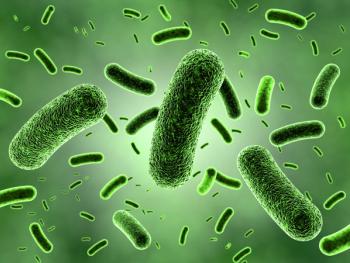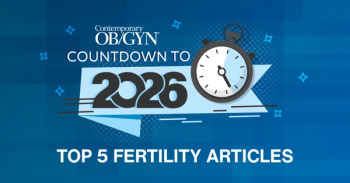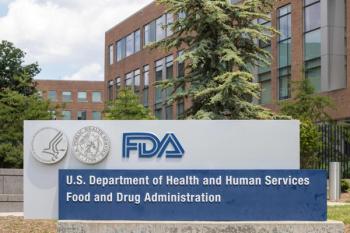
Artificial insemination outcomes not impacted by COVID-19 vaccination status
The findings indicate a previously confirmed notion that COVID-19 vaccination does not impact pregnancy outcomes in couples experiencing infertility.
Research in JAMA Network Open suggests that results of artificial insemination by partner (AIP) are not affected by COVID-19 vaccination in heterosexual couples experiencing infertility.
Misinformation has spread across social media claiming that COVID-19 vaccines cause female infertility, which has been proven untrue by previous studies.1,2
A new study, its findings published in JAMA Network Open, sought to investigate the association between COVID-19 vaccination and outcomes of artificial insemination by partner (AIP) in heterosexual couples experiencing infertility.3
Researchers conducted the cohort study in China where they collected clinical data for 4185 couples at 10 centers in 9 provinces in China from July 2021 to February 2022. All couples included in the study received their first AIP treatment after COVID-19 vaccination, including 3582 couples without and 603 couples with clinical pregnancies.
Women in the study were an average of 31.49 years old and had been experiencing infertility for an average of 2.67 years. Their body mass indexes were an average of 21.81, with 2590 women experiencing primary infertility and 992 women experiencing secondary infertility.
Researchers divided couples into 4 categories depending on COVID-19 vaccination status. Group 1 included 2056 couples with neither partner vaccinated; Group 2 included 166 couples with only the woman vaccinated; Group 3 with 548 couples with only the man vaccinated; and group 4 with 1415 couples with both partners vaccinated.
Results indicated that group membership did not impact odds of pregnancy. The woman’s vaccination status was not associated with odds of AIP pregnancy (aOR, 1.008; 95%CI, 0.786-1.293), as well as the times from the woman’s first and last vaccination date to AIP operation.
The study also indicated that the man’s vaccination status was not connected to the odds of pregnancy (aOR, 0.810; 95%CI, 0.517-1.271), nor was the type of vaccination (adenovirus, inactivated, or recombinant).
The findings indicate a previously confirmed notion that COVID-19 vaccination does not impact pregnancy outcomes in couples experiencing infertility.
Reference
- Sajjadi NB, Nowlin W, Nowlin R, et al. United States internet searches for “infertility” following COVID-19 vaccine misinformation. J Osteopath Med. 2021;121(6):583-587. doi:10.1515/jom-2021-0059
- Moodley J, Khaliq OP, Mkhize PZ. Misrepresentation about vaccines that are scaring women. Afr J Prim Health Care Fam Med. 2021;13(1):e1-e2. doi:
10.4102/phcfm.v13i1.2953 - Wang C, Tang D, Liu J, et al. Association Between COVID-19 Vaccination and Artificial Insemination Outcomes for Couples Experiencing Infertility. JAMA Network Open. 2022;5(12):e2247216. doi:10.1001/jamanetworkopen.2022.47216
Newsletter
Get the latest clinical updates, case studies, and expert commentary in obstetric and gynecologic care. Sign up now to stay informed.









